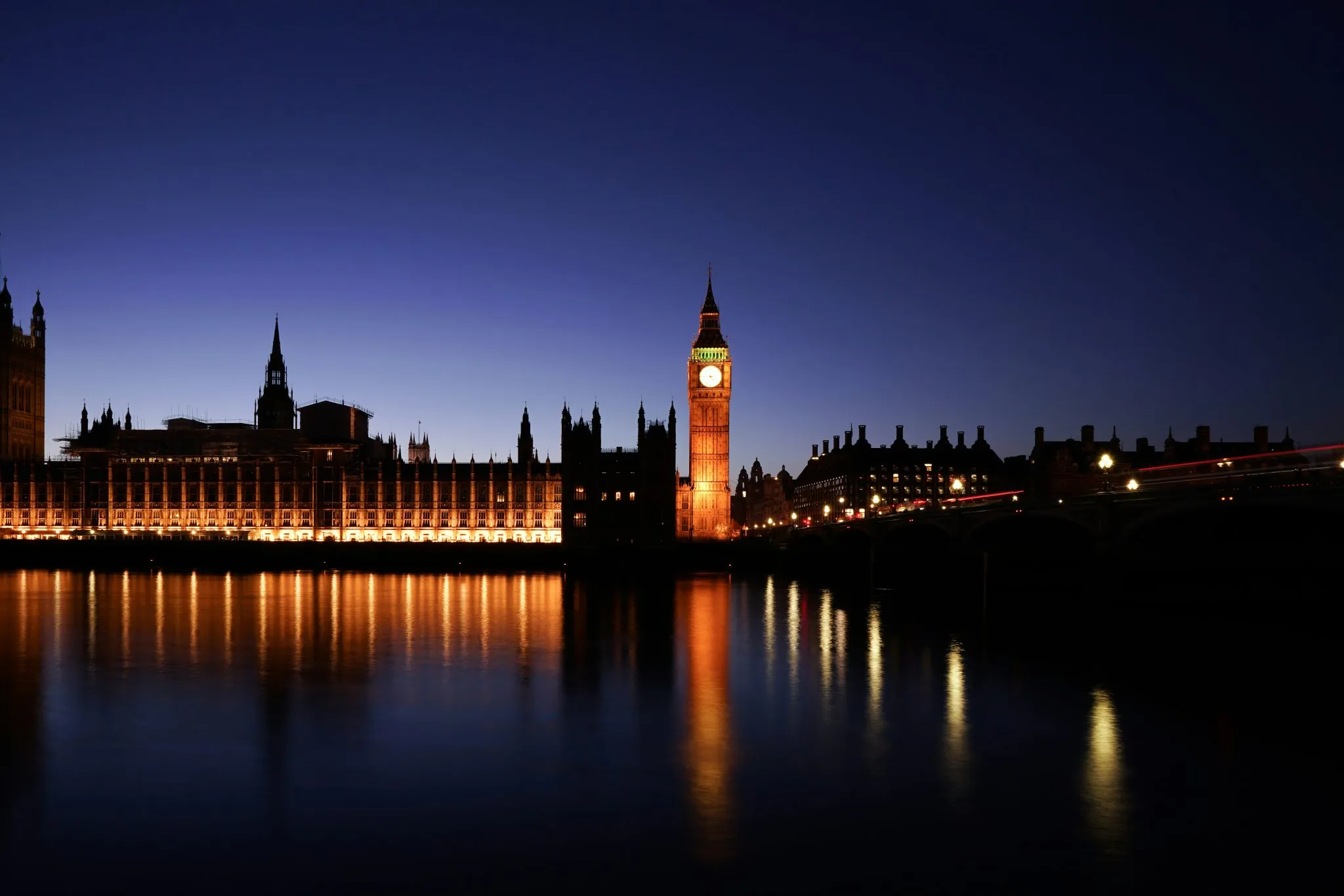What Is the UK Tourist Tax and Does It Affect You?
Following in the footsteps of many European destinations, more and more areas of the UK are starting to introduce tourist taxes for visitors. But what is it, and is it something you need to worry about in your upcoming visit?
For help and expert advice on your visit to the UK or for any other international travel or immigration matter, contact us on 0333 305 9375 or reach out to us online today.
Read our 1001 reviews
What Are Tourist Taxes?
Tourist taxes are small additional fees usually charged to visitors when staying overnight at certain locations.
They are normally charged per person and are paid to the accommodation or holiday company when checking out.
Tourist taxes can vary depending on the location and the time of year. Typically, you might expect to pay more in busier areas or during peak holiday seasons.
Tourist taxes are starting to become more and more common around the world as a response to the negative effects of over-tourism. The sharp increase in tourism in the 21st century has started to see increased pressure on infrastructure, natural resources, housing and local environments, pushing many governments to enforce mandates to tackle tourism.
As such, a tourist taxes are normally re-invested back into the local area, which can mean better living conditions for locals and ongoing support for the area to cope with more tourists in the future.
Notable areas around the world that have enforced tourist taxes are Bali, Venice, Amsterdam, Barcelona and Rome.
Which Areas in the UK Have a Tourist Tax?
As of the time of writing (June 2024), there are very few areas in the UK that have rolled out tourist taxes.
The most notable example so far is Manchester, which in April 2023 launched the ‘City Visitor Charge’.
This is a tourist tax in the form of £1 per person, per night for visitors to certain hotels, established to help contribute to Manchester’s Business Improvement District (BID). In April 2024, it was reported that it raised over £2.8 million in the space of a year.
Liverpool also has a similar levy for its own BID, which is paid as a certain percentage of visitors’ overall accommodation bill.
However, there are numerous other areas in the UK that are planning to roll out tourist taxes in the future, or discussing the possibility of enforcing them.
The New 2024 Bournemouth, Christchurch and Poole Tourist Tax
One of the few confirmed tourist taxes to come to the UK in the coming months is in the area of Bournemouth, Christchurch and Poole, in the county of Devon on the south coast of England.
Set to commence from 1 July 2024, this tax will apply to any visitors staying in overnight accommodation in the area in the form of £2 per room (or unit), per night.
The Bournemouth, Christchurch and Poole Accommodation Business Improvement District (ABID) has stated that this new levy will help to protect the local economy and help fund local events, such as the Bournemouth Air Festival and Christmas Maritime, which will help to sustain the area’s tourism industry.
The scheme is expected to generate over £12 million for the local economy in the next five years.
Which Other UK Locations are Planning to Introduce a Tourist Tax?
There are several discussions ongoing throughout the UK regarding the implementation of tourist taxes.
These include local authorities such as Cornwall, Cambridge and Thanet.
In addition, the Scottish and Welsh governments have also put forward plans to allow local authorities introduce their own tourist tax levies. In May of this year, MSPs (Members of Scottish Parliament) voted to approve plans for Scottish local authorities to bring in their own tourist taxes, which may mean tourist taxes being introduced in high-traffic tourist areas such as Edinburgh and the Scottish Highlands and Islands.
Aside from the above, however, there have been no confirmed, concrete plans announced for any other areas in the UK to receive a tourist tax for the foreseeable future.
Do I Need to Worry About Tourist Taxes?
Tourist taxes are still a relatively new concept in the UK and have not yet been widely implemented.
This means that if you plan to travel to the UK on holiday this year, it is unlikely you will have to pay a tourist tax.
Furthermore, tourist taxes are typically low when compared to other costs involved in a holiday, such as travel, accommodation and food. For instance, two people sharing a room in Bournemouth for five nights will have to pay a £10 tourist tax fee, compared to the overall cost of the room, which may be between £250 and £500.
This means that although you will have to pay a small amount extra if you stay in an area with a tourist tax, it is unlikely to be extortionate.
Additionally, visitors to areas with tourist taxes will not have to take any pre-emptive action or make additional plans, as tourist taxes are usually charged to the visitor upon checkout.
However, it is still recommended to always plan ahead when visiting the UK and check for any up-to-date reports about the area you will be staying in so that you can be completely aware of any charges you will have to pay or rules you should be aware of. Tourist taxes will likely become more common in the UK in the coming years, so it may be worth continuing to double-check information about your destination if you plan on visiting the UK at some point in the future.
If you require further advice or assistance regarding your visit to the UK, IAS’ immigration specialists can help resolve your queries quickly and professionally. Call us on 0333 305 9375 or reach out to us online today.
Table of Contents
Table of Contents will appear here.Legal Disclaimer
The information provided is for general informational purposes only and does not constitute legal advice. While we make every effort to ensure accuracy, the law may change, and the information may not reflect the most current legal developments. No warranty is given regarding the accuracy or completeness of the information, and we do not accept liability in such cases. We recommend consulting with a qualified lawyer at Immigration Advice Service before making any decisions based on the content provided.















